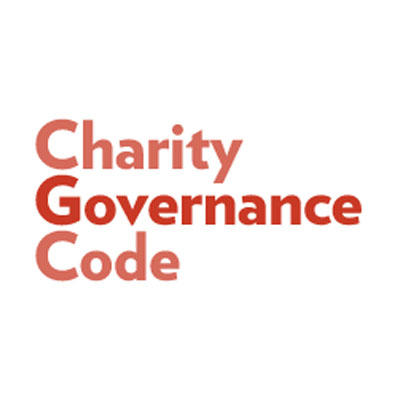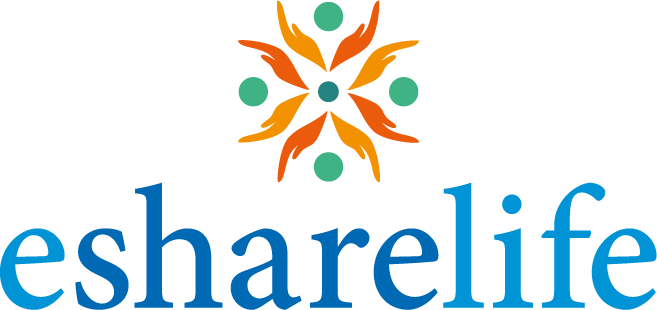It is crucial that the board decision-making processes are informed, rigorous and timely, and that effective delegation, control and risk-assessment, and management systems are set up and monitored.
Trustees can delegate authority but not ultimate responsibilities. It is also important that risks and opportunities are identified and assessed.
Key Outcomes
4.1 The board is clear that its main focus is on strategy, performance and assurance, rather than operational matters, and reflects this in what it delegates.
4.2 The board has a sound decision-making and monitoring framework which helps the organisation deliver its charitable purposes. It is aware of the range of financial and non-financial risks it needs to monitor and manage.
4.3 The board promotes a culture of sound management of resources but also understands that being over-cautious and risk averse can itself be a risk and hinder innovation.
4.4 Where aspects of the board’s role are delegated to committees, staff, volunteers or contractors, the board keeps responsibility and oversight.
Recommended Practice
- 4.5 Delegation and control
- 4.6 Managing and monitoring organisational performance
- 4.7 Actively managing risks
- 4.8 Appointing external examiners or auditors
To access more information about decision making, risk and control you can download the document below or visit the Charity Governance Code website.

